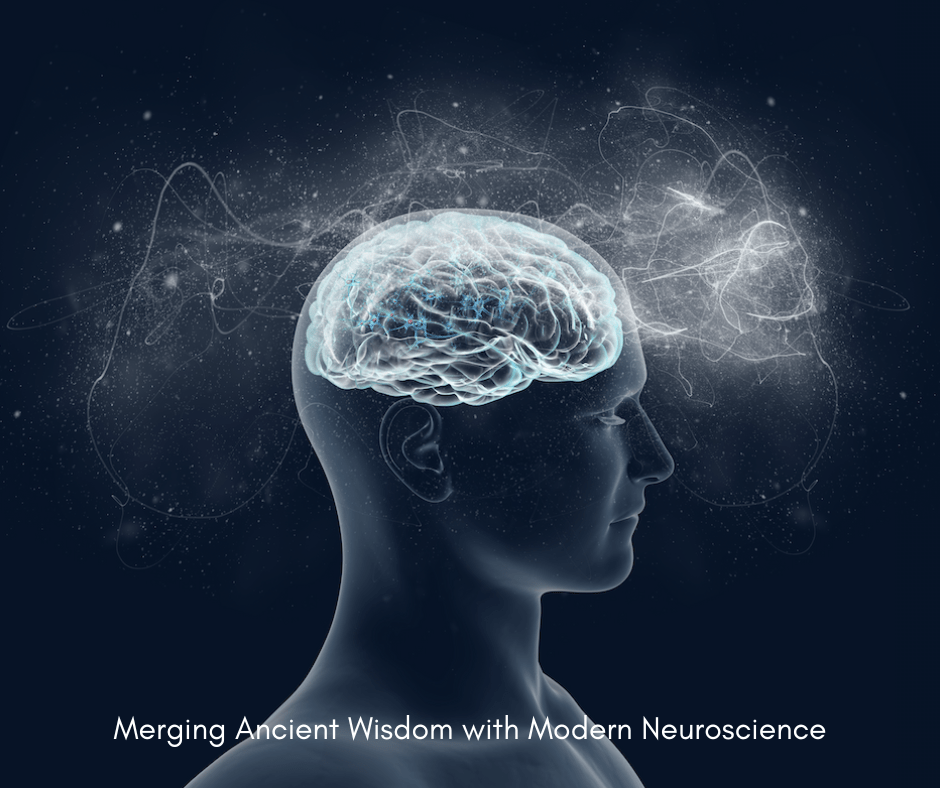The Philosophy of Mindfulness: Merging Ancient Wisdom with Modern Neuroscience
Discover the intersection of mindfulness, ancient philosophy, and neuroscience. This article delves into how age-old practices align with cutting-edge research to improve mental health, manage stress, and foster well-being. Learn practical tips to incorporate mindfulness into your daily routine.
Introduction:
In our fast-paced, technology-driven world, the ancient practice of mindfulness has experienced a modern renaissance. This rise in popularity is more than a passing trend—mindfulness has deep philosophical roots and is now being validated by contemporary neuroscience. Understanding this connection can offer profound insights into managing stress, enhancing mental clarity, and improving overall well-being.
What is Mindfulness?
Mindfulness is fully present and engaged in the current moment, without judgment. Its roots are deeply embedded in ancient traditions such as Buddhism, Stoicism, and other philosophical schools emphasizing living in harmony with the present.
Learn Why Negatively Biased Mind Needs Attention | Mindfulness
The Philosophical Foundations of Mindfulness
Mindfulness is not just a technique but a way of life. In Buddhism, for instance, mindfulness is part of the Eightfold Path, which guides practitioners toward enlightenment. Stoicism, a Western philosophical tradition, also advocates mindfulness for maintaining tranquility and emotional resilience in the face of adversity.
How Modern Neuroscience Supports Mindfulness
Recent studies in neuroscience have begun to reveal how mindfulness impacts the brain. Practices like meditation and breathwork increase gray matter density in brain regions associated with memory, emotional regulation, and empathy. Moreover, mindfulness can reduce the activity in the amygdala, the brain’s fear center, lowering stress and anxiety levels.
Harvard Researchers study how mindfulness seems to change the brain in depressed patients.
Mindfulness and Mental Health
One of the most significant benefits of mindfulness is its impact on mental health. Mindfulness-Based Stress Reduction (MBSR) and Mindfulness-Based Cognitive Therapy (MBCT) are two approaches that have been scientifically proven to alleviate symptoms of depression, anxiety, and chronic pain. These practices help individuals become more aware of their thoughts and feelings, enabling them to respond to stressors with calmness and clarity.
Learn What is Mindfulness-Based Cognitive Therapy | Dr Alex Milspaw
Practical Tips for Incorporating Mindfulness
- Start with Breathing Exercises: Focus on your breath for a few minutes each day. This simple practice can ground you in the present moment.
- Engage in Mindful Eating: Focus on the taste, texture, and aroma of your food. This mindful practice can help you build a healthier relationship with eating.
- Practice Gratitude: Reflect on what you are grateful for each day. This not only shifts your mindset but also promotes a sense of well-being.
- Use Technology Mindfully: Set boundaries with your devices. Take breaks from screens and engage in activities that require your full attention.
Conclusion:
Mindfulness is more than a stress-reduction technique; it’s a philosophy that bridges ancient wisdom and modern science. Integrating mindfulness into your daily life, can enhance your mental health, foster resilience, and cultivate a deeper connection with yourself and the world around you. As both ancient philosophers and modern neuroscientists suggest, the journey to well-being begins with the simple act of paying attention.
Discover more from Boundless Blogger
Subscribe to get the latest posts sent to your email.





